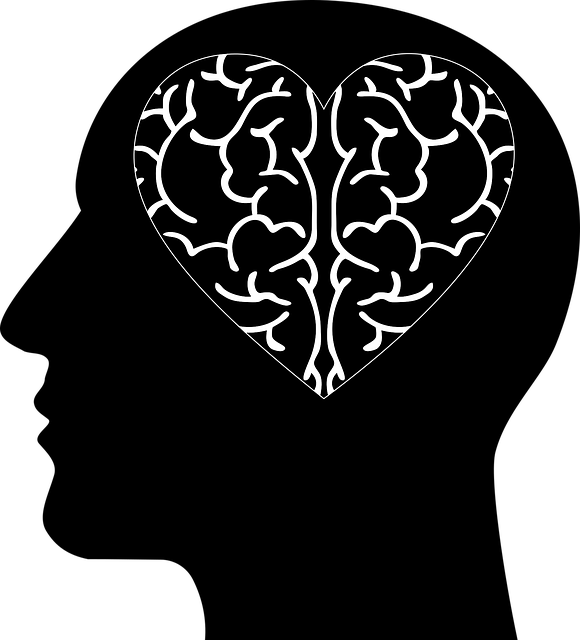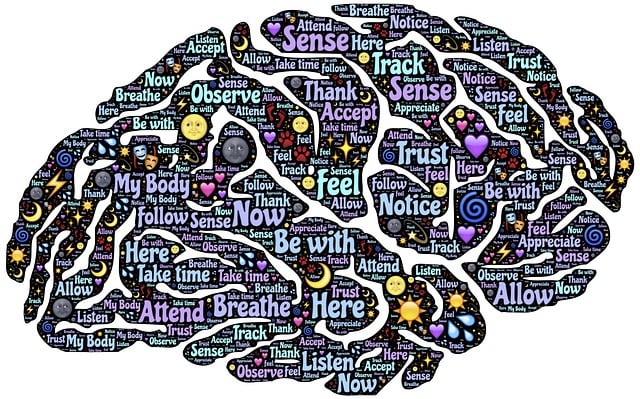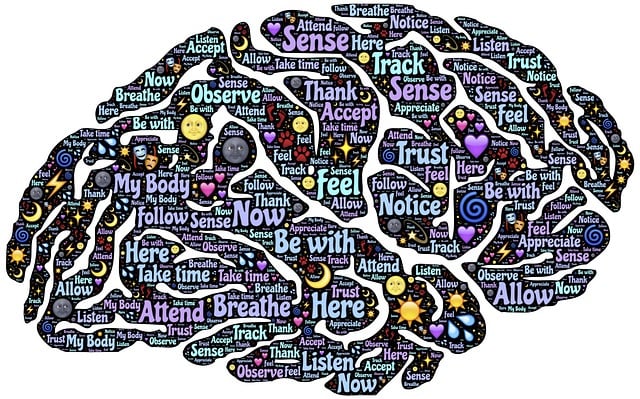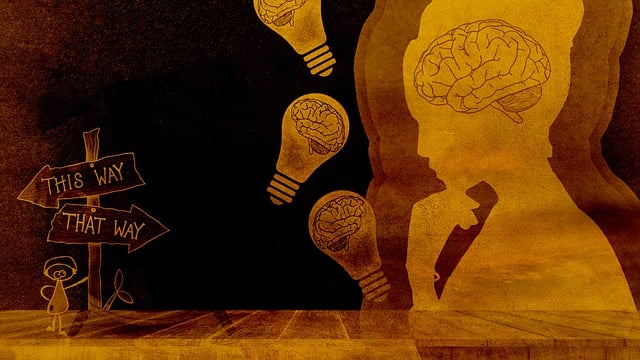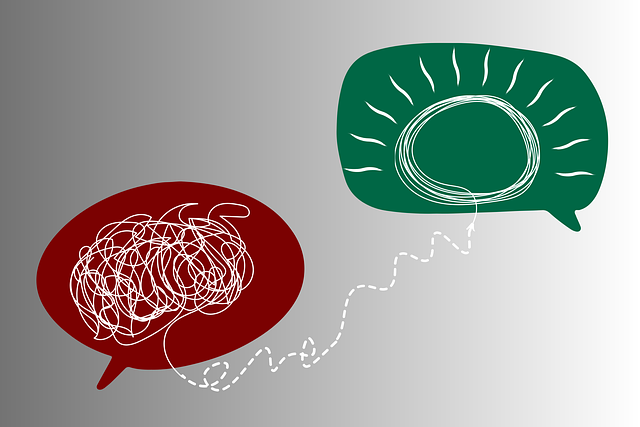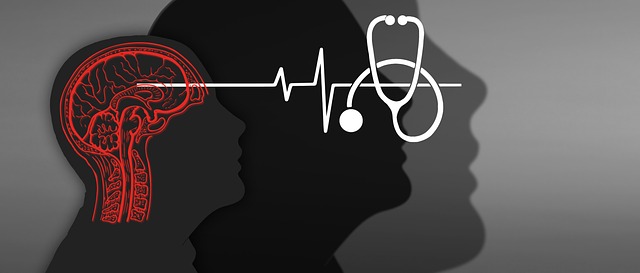Englewood Child Abuse Therapy provides holistic solutions for managing anxiety, from tailored CBT and mindfulness practices to lifestyle changes. They emphasize recognizing personal triggers, offering strategies like Social Skills Training and Risk Management Planning. Through evidence-based approaches, self-care emphasis, and supportive environments, they enable individuals to reduce anxiety, improve mental well-being, and prevent healthcare provider burnout.
Anxiety is a prevalent condition affecting individuals across various life stages. This comprehensive guide explores effective management techniques to combat anxiety and promote mental well-being. We delve into understanding anxiety, its signs, and triggers, offering insights to recognize and address these challenges. From evidence-based therapies like Cognitive Behavioral Therapy (CBT) to mindfulness practices, we provide practical strategies for a balanced lifestyle. Additionally, we discuss the role of Englewood Child Abuse Therapy in providing support systems and professional help tailored to individual needs.
- Understanding Anxiety: Recognizing Signs and Triggers
- Cognitive Behavioral Therapy (CBT): A Powerful Tool for Overcoming Anxiety
- Mindfulness and Meditation: Finding Calm in a Chaotic World
- Lifestyle Changes for Better Mental Health: Exercise, Diet, and Sleep
- Support Systems and Professional Help: Englewood Child Abuse Therapy's Approach
Understanding Anxiety: Recognizing Signs and Triggers

Anxiety is a natural response to stress or perceived threats, but when it becomes excessive and persistent, it can significantly impact daily life. Understanding anxiety involves recognizing its signs and triggers, which vary from person to person. Common symptoms include rapid heartbeat, shortness of breath, restlessness, and intrusive thoughts. Triggers can be as simple as public speaking, social interactions, or even specific environments, like crowded places.
Englewood Child Abuse Therapy highlights the importance of identifying these personal cues to manage anxiety effectively. They offer various techniques such as Social Skills Training to improve interaction with others, Confidence Boosting activities to challenge negative thoughts, and Risk Management Planning for Mental Health Professionals to help individuals anticipate and prepare for stressful situations, thereby reducing anxiety levels.
Cognitive Behavioral Therapy (CBT): A Powerful Tool for Overcoming Anxiety

Cognitive Behavioral Therapy (CBT) is a powerful and evidence-based tool that has proven effective in overcoming anxiety disorders. By focusing on identifying and changing negative thought patterns and behaviors, CBT empowers individuals to manage their anxiety symptoms and lead more fulfilling lives. This therapeutic approach is particularly beneficial for those seeking long-lasting solutions, as it teaches practical coping skills and enhances resilience building, which are essential for navigating life’s challenges.
Englewood Child Abuse Therapy, specializing in various mental health services, incorporates CBT into its practice to help clients develop effective strategies for managing anxiety. Through structured sessions, individuals learn to challenge their anxious thoughts, gain a deeper understanding of their emotions, and adopt healthier behaviors. This process not only assists in the immediate management of anxiety but also serves as valuable burnout prevention strategies for healthcare providers by equipping them with coping skills development techniques to maintain their own well-being.
Mindfulness and Meditation: Finding Calm in a Chaotic World

In today’s fast-paced world, where stress and anxiety can feel all-encompassing, finding moments of calm is more important than ever. Mindfulness and meditation offer powerful tools to navigate through life’s challenges. These practices encourage individuals to focus on the present moment, quieting the mind’s constant chatter. By fostering a sense of awareness, one can observe thoughts and emotions without judgment, allowing for better management of anxiety.
Englewood Child Abuse Therapy recognizes the benefits of integrating mindfulness meditation into therapeutic approaches. This ancient practice has been scientifically proven to reduce stress, improve focus, and enhance overall mental well-being. Incorporating Mindfulness Meditation as a part of one’s routine can be transformative, enabling individuals to develop resilience in the face of adversity. Moreover, Mental Health Policy Analysis and Advocacy emphasizes the importance of accessible meditation programs to support communities dealing with anxiety disorders, ultimately advocating for better communication strategies to promote mental health awareness.
Lifestyle Changes for Better Mental Health: Exercise, Diet, and Sleep

Englewood Child Abuse Therapy highlights the profound impact that lifestyle changes can have on mental health and anxiety management. Regular physical activity is a powerful tool to combat stress and promote emotional well-being. Incorporating exercise into your routine, whether it’s brisk walking, yoga, or team sports, stimulates the release of endorphins, often referred to as ‘feel-good’ hormones, which can significantly reduce feelings of anxiety and depression.
Additionally, a balanced diet plays a crucial role in supporting mental health. Foods rich in omega-3 fatty acids, vitamins B and D, and magnesium have been linked to improved mood regulation and reduced stress levels. These nutrients are commonly found in fruits, vegetables, whole grains, and lean proteins. Adequate sleep is another pillar of mental wellness; it allows the mind and body to rest and recover. Mind Over Matter principles emphasize that by prioritizing consistent sleep patterns, individuals can strengthen their resilience against anxiety and enhance overall cognitive function. Conflict Resolution Techniques and Confidence Boosting activities can also be integrated into this holistic approach to foster a sense of calm and self-assurance.
Support Systems and Professional Help: Englewood Child Abuse Therapy's Approach

Englewood Child Abuse Therapy recognizes that managing anxiety effectively involves a robust support system and access to professional guidance. Their approach emphasizes creating safe spaces for individuals to express their feelings, fostering open communication between therapists and clients. Through individual and group therapy sessions, they offer tailored strategies for coping with anxiety, drawing from evidence-based practices.
The therapy center also underscores the importance of burnout prevention strategies for healthcare providers, promoting self-care as a crucial component of mood management. They encourage clients to maintain mental wellness through journaling exercises, providing guidance on how to process emotions and track progress. This holistic approach ensures that individuals not only learn to manage their anxiety but also develop tools for long-term mental well-being, reflecting Englewood Child Abuse Therapy’s commitment to comprehensive care.
In managing anxiety, a multifaceted approach is key. By understanding anxiety’s signs and triggers, leveraging evidence-based therapies like Cognitive Behavioral Therapy (CBT), integrating mindfulness practices, adopting healthy lifestyle changes, and tapping into supportive networks or seeking professional guidance from Englewood Child Abuse Therapy, individuals can effectively navigate and overcome anxiety. These techniques empower individuals to take control of their mental health, fostering resilience and a greater sense of well-being.

